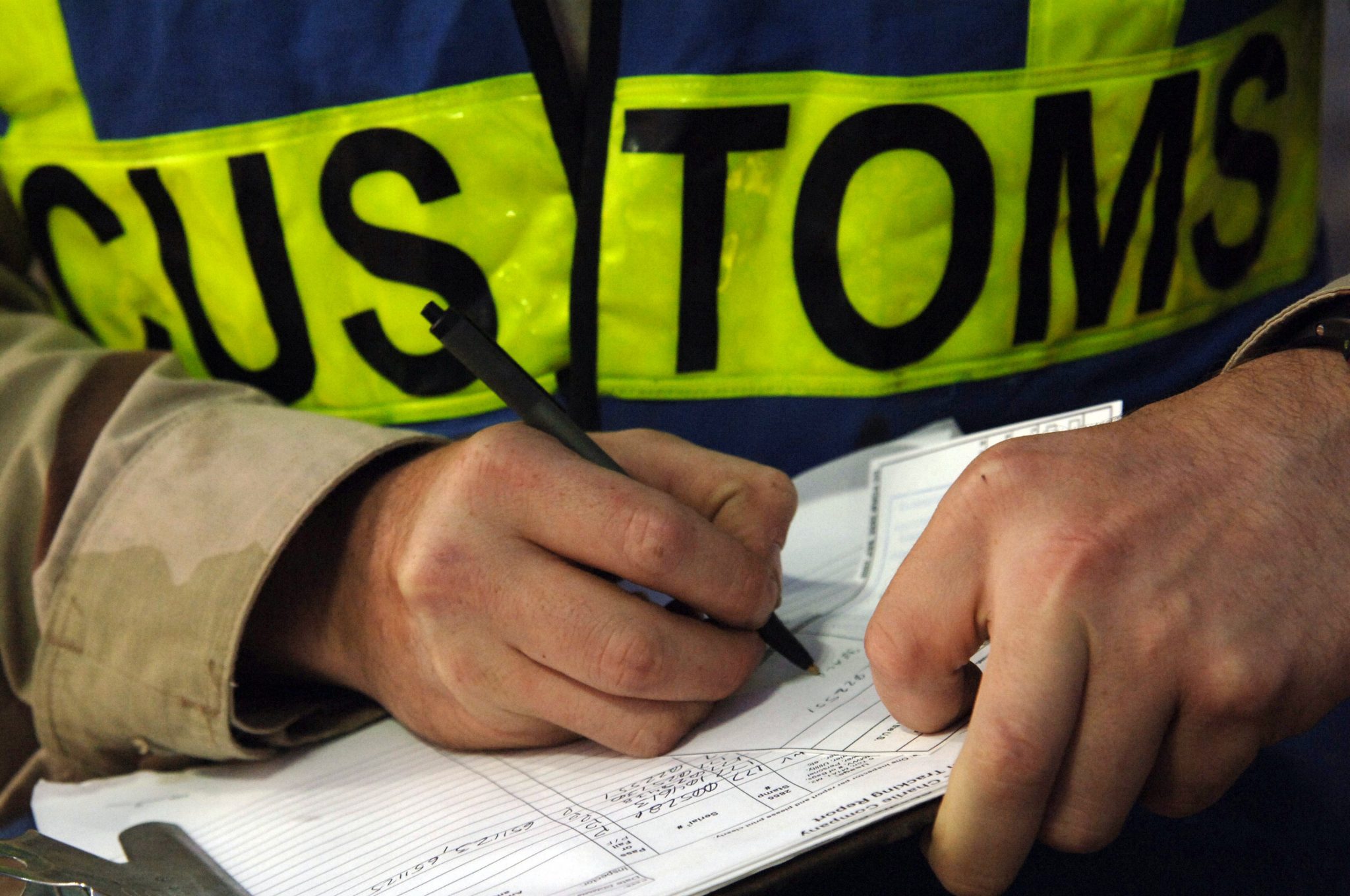Proposed Bill Leaves Possibility of Rights Issues, Discrimination, and Oversight Unclear
Bill-23 is currently being debated in Parliament, having been introduced in the House of Commons last June. If passed without amendments, U.S. Customs and Border Protection (USCBP) agents working on Canadian soil in preclearance areas would be given increased powers; these preclearance areas are currently located in some Canadian airports, but an agreement in place between the Canadian and US governments would add preclearance areas in more airports, as well as in some train stations.
With this new legislation, USCBP agents would have the power to detain travelers who are on their way to the US, with the right to use as much force as necessary in carrying out their duties. Travellers could be refused entry for non-compliance with USCBP agents, and therefore those being interrogated could be forced to answer various questions, including inappropriate ones. Travellers who decide to withdraw their application for entry into the US will be required to answer questions about the reasons for the withdrawal. If they don’t comply, they could face charges and/or inadmissibility to the US. Furthermore, USCBP agents would be given the power to conduct strip searches if Canadian agents are unavailable.
Immigration lawyers are concerned that these new powers given to USCBP agents are too broad. Particularly, they fear it will pressure Canadians into making admissions at the US border that will render them inadmissible to the US, which could be extremely difficult to rectify in the future. Furthermore, in the event of breach of privacy, detainment or use of force, Canadians will have limited legal recourse as USCBP agents are not liable in civil proceedings for matters arising out of the performance of their duties. Rather, the only recourse would be an action against the US government; however, it is only liable in the event of death, bodily harm or property damage.
The Liberal government, on the other hand, argues that by clearing Canadians for travel and going through US customs inside Canada, rather than inside the US, will actually better protect their rights. Their reasoning is that USCBP agents will be subject to and will have to respect Canadian law, which includes the Canadian Bill of Rights and the Charter of Rights and Freedoms. This would not happen on US soil; rather, the process would be completely controlled by the US government and Canadian law would not apply.
However, immigration lawyers are concerned that by having this process on Canadian soil, it will increase secondary reviews and discriminatory targeting of travellers. Furthermore, there would be a problem in enforcing Canadian law; there is no way to ensure that USCBP agents will apply Canadian law and respect Charter rights in carrying out their duties. Particularly, Charter issues are likely to arise in the context of USCBP agents conducting strip searches.
Although the federal government maintains that B-23 is constitutional, lawyers believe that parts of the new legislation will be struck down by the courts if it is not amended before being passed by Parliament.
Share this article
Arghavan Gerami
Arghavan Gerami is the Founder and Senior Counsel at Gerami Law Professional Corporation ('PC'), a full-service immigration law firm in Ottawa, Ontario. Since 2011, Ms. Gerami has focused her practice on immigration and refugee litigation. Prior to that, Ms. Gerami worked at the Ministry of Attorney General and the Department of Justice and had the privilege of serving the Honourable Mr. Justice M. Evans at the Federal Court of Appeal on immigration and administrative law appeals. Ms. Gerami contributes to the Immigration Law Section of the Canadian Bar Association, the Canadian Association of Refugee Lawyers, and the United Nations High Commissioner for Refugees. Ms. Gerami has also published numerous journal articles and presented at various immigration and refugee law conferences and events across Canada.

